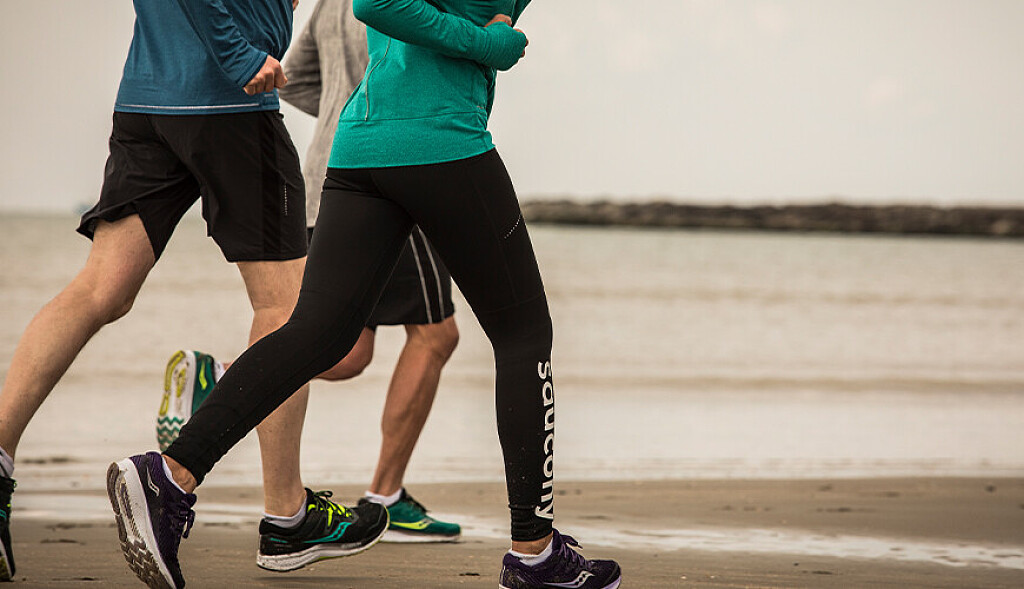Running News Daily
Running News Daily is edited by Bob Anderson. Send your news items to bob@mybestruns.com Advertising opportunities available. Train the Kenyan Way at KATA Kenya and Portugal owned and operated by Bob Anderson. Be sure to catch our movie A Long Run the movie KATA Running Camps and KATA Potato Farms - 31 now open in Kenya! https://kata.ke/
Index to Daily Posts · Sign Up For Updates · Run The World Feed
Should you jog or stand between intervals?, Runners have debated the merits of active vs. passive recovery for years, researchers have finally put the two recovery methods to the test
It’s a question runners have been arguing about for years: should you jog during your recovery between intervals, or should you take that time to rest completely? Recently, researchers tried to provide runners with an answer and came out with this age-old conclusion: it depends.
The study
The study, which was published in the European Journal of Applied Physiology, aimed to find out how well-trained runners responded to an interval workout with active (jogging) rest compared to passive (standing) rest. To do so, they had 11 well-trained male distance runners (with an average 10K PB of 35 minutes) perform two workouts of 4×2 minutes at their max speed. In one workout, the athletes recovered with two minutes of jogging rest, and in the other, they recovered with two minutes of standing rest.

During each session, the researchers monitored various performance metrics, including oxygen consumption, heart rate, blood lactate levels and the athletes’ rates of perceived exertion. There was very little difference between the two workouts for all of the measurements, except for perceived exertion. In other words, the athletes found the session in which they jogged during their recovery to be harder.
So should you jog or rest?

At first glance, this may make it seem like standing recovery is better, but it’s not quite that simple. Since this is the first study of its kind, the researchers admit it is unclear whether the results would be the same in a longer workout with more intervals.
The researchers also noted that jogging recovery may be better for beginner or intermediate runners when they’re looking to make their workout tougher, but high-performance athletes who are better at maxing out their pace during an interval session may be better off with standing rest.
Finally, the researchers don’t dive into the variability between workouts, and how the type of rest you take will likely differ depending on the type of workout you’re doing. For example, you may get more out of a broken tempo run (that’s done at a slightly lower intensity) if you jog during your rest, but during a VO2 max workout, you’re likely better off with standing rest to ensure you can do each interval at your best effort.
The bottom line
The type of rest you take will depend on your level as an athlete and what you’re trying to accomplish in a specific workout. As a runner, it’s important that you understand these two factors and how they apply to you in order to get the most out of any workout.
If you’re not sure how to determine this for yourself, consider speaking with a coach who can guide you in each workout and help you figure out what’s best for you.
by Brittany Hambleton
Login to leave a comment




